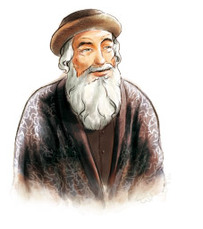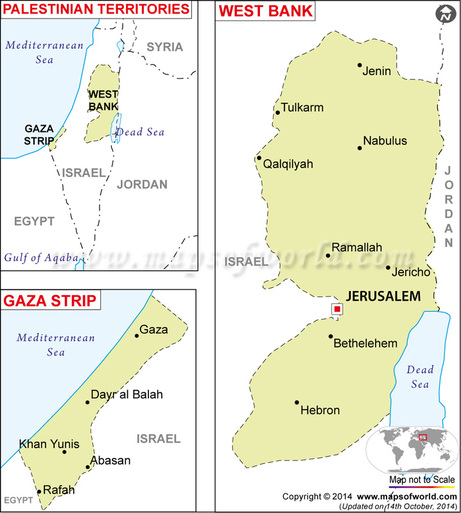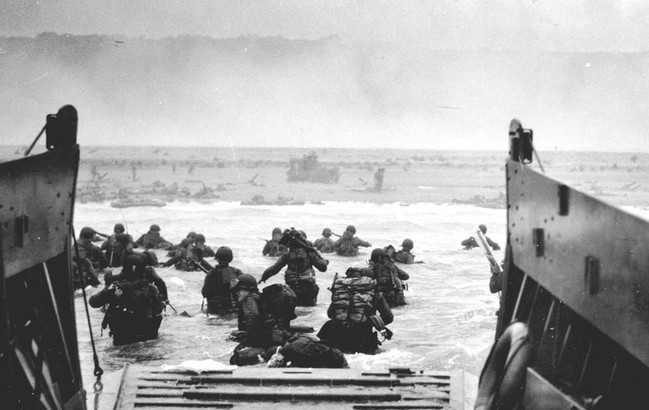|
with Angela Harris Analysis Chapters 4-7 Understanding D-Day  We had a short discussion session on Wednesday since we are taking two class meetings to get through Book Two. This week we are finishing Book Two by reading chapters 8-12. It is a fair amount of reading, so please get started right away if you haven't already. We did take some time to connect the four main characters and establish what their relationships and feelings are to and for one another. I think we are enjoying the storyline thus far and are interested to see how Danny's and Reuven's friendship develops, as well as how Danny resolves his conflict with his father and his destiny to become a Tzadik. We spent about half of our class time taking a side trip into history--June 6, 1944, to be exact. Operation Overlord, commonly known as D-Day, was the most massive land, air, and sea operation undertaken before or since that day. We learned what the "D" in D-Day stands for. If you're unsure, ask your student to explain what D-3 means! We spent some considerable time learning "GI Jargon" by reading through a timeline of the events leading up to D-Day. This comes from a lesson plan listed on D-Day.org and I highly recommend using it in your homeschool if you are going to be studying World War II. The "Countdown to D-Day" PDF file contains the timeline and wonderful primary sources (mainly soldiers' diaries) that give you a more personal look at the conflict. Ask your student about the "coincidences" within the British Daily Telegraph crossword puzzles that started appearing about a month before the invasion--this was truly an amazing fact that I had never heard before! If you haven't had a chance yet to listen to the first three minutes of the beginning of one of the radio broadcasts heard on D-Day, I highly recommend it, especially for students. Perhaps this was the same broadcast Reuven and the other patients were listening to in the hospital and were so excited about. You can hear it on the Overview page of D-Day.org. It is an audio file marked by a black band with a play button, and it's possible that not all browsers support it, so here it is on YouTube as well. I had to explain to them what a station identification break was--none of them are old enough to know about such a thing! Essay for Next Week  I think the students may feel that exploratory essay writing is particularly difficult because of the research needed to answer both sides of the question. This is exactly the right venue to try something new. The question for this week is a question that has been asked for many decades, and much debate and violence surrounds it. Be sure to check the revised syllabus for all homework and the question. There should be ample information on-line that gives you both sides of this issue. Don't forget to tell me what your sources are as you write! Here are a couple of resources I shared with the Texas students last month to help get them started (their pain is your gain!): YouTube video: Palestine Israel 101: https://www.youtube.com/watch?v=cZIzRB1T8ug This 13 minute video will give you a good history of the Palestinian conflict in a fairly unbiased manner (which isn't entirely easy to find). You need to have some background on this conflict before you can research the opposing views. Taking the 13 minutes to view the video will give you a starting point for your research--about mid-way through they even give bullet points for each side's argument...take note of those points and then see what research you can find to support each side's position. Remember to tell me what your sources are. The video also suggests what it feels is an un-biased resolution (although not everyone may agree with it). We are not solving this problem or suggesting a resolution, make sure you are not expressing opinion in these particular essays. This is a tough topic that many adults would not be able to write about. I promise you, not many young people have any understanding of this topic either. Use it as a learning opportunity. No matter what, you will come away with more information than you started with. We will be talking about this topic more in depth next week. I will provide an overview of the history, a timeline, and map on the Community Page by Monday. Until then, see what you can find out so we can discuss it together. The web-site ProCon.org has a side by side comparison of Israeli/Palestinian views. Remember, our question is, "Should the Jews have an established homeland in Palestine?" There are five points on each side. You could take two of the points on each side and see what you can find on-line. Then just talk to me about it in your paper. Exploratory essays are a journal of your research (or personal experiences, if they apply). Pretend we are sitting down and you are telling me what you now know about this issue. We are going to be finding out in The Chosen that one of the characters supports Zionism (a special homeland for Israel) and one does not (can you guess in advance?) and talking more about this incredibly complicated issue at our next class. Only two more exploratory essays to go and we break for the calendar year! "See" you next week! Comments are closed.
|
Categories
All
Archives
May 2016
|


 RSS Feed
RSS Feed